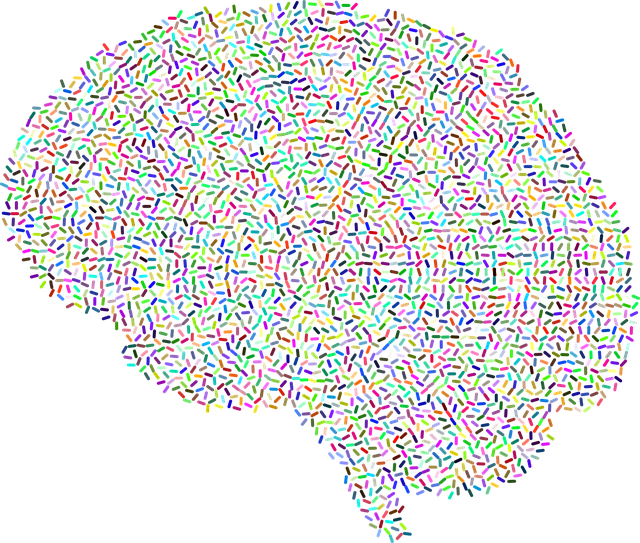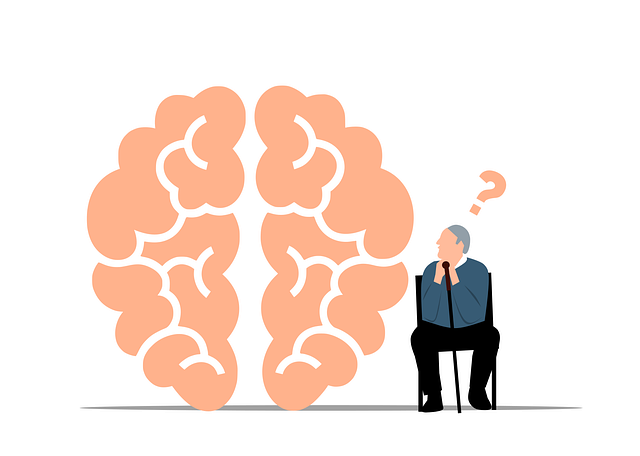Longmont Stress Management Therapy (LSMT) addresses challenges in mental illness diagnosis by integrating cultural competency training, evidence-based practices, and stress reduction techniques. This comprehensive approach aims to improve accuracy, personalized treatment plans, and patient outcomes by bridging the gap between mental and physical health. LSMT's innovative methods, such as Mindfulness Meditation and Mental Wellness Journaling, enhance self-awareness and enable precise identification of complex conditions, leading to better risk management and community mental well-being.
Mental illness diagnosis accuracy is a critical aspect of patient care, yet it remains a challenging area. This article explores the intricacies of enhancing diagnostic precision, with a focus on Longmont Stress Management Therapy as a potential game-changer. We delve into understanding the challenges, examining current practices, and highlighting innovative strategies. By discussing these approaches, we aim to emphasize the importance of accurate diagnosis and its impact on patient outcomes, with a special emphasis on the role of Longmont Stress Management Therapy.
- Understanding the Challenges of Mental Illness Diagnosis
- The Role of Longmont Stress Management Therapy
- Innovative Approaches to Enhance Accuracy
- Impact and Future Directions for Improved Diagnosis
Understanding the Challenges of Mental Illness Diagnosis

Mental illness diagnosis is a complex process fraught with challenges. The sheer diversity of mental health conditions, each with its unique set of symptoms and manifestations, poses significant hurdles for healthcare providers. This complexity is further compounded by the fact that many individuals struggle to communicate their experiences effectively, often due to stigma, fear, or lack of awareness about their condition. Moreover, cultural differences play a critical role in symptom expression, making it crucial for healthcare providers to be culturally competent. In Longmont, stress management therapy has emerged as a valuable tool to address these challenges, focusing on mood management and enhancing emotional intelligence.
The impact of inaccurate diagnoses can be profound, leading to inappropriate treatments, delayed care, or even exacerbation of symptoms. To improve diagnosis accuracy, there’s a growing emphasis on Healthcare Provider Cultural Competency Training. This training equips professionals with the skills to understand and appreciate the influence of cultural background on mental health presentation. By integrating these approaches, healthcare systems aim to provide more precise diagnoses and personalized treatment plans, ultimately improving patient outcomes and fostering better mental well-being in communities like Longmont.
The Role of Longmont Stress Management Therapy

Longmont Stress Management Therapy (LSMT) plays a pivotal role in enhancing the accuracy of mental illness diagnoses by focusing on stress reduction and mental wellness. This therapeutic approach is particularly beneficial for mental health professionals aiming to improve their risk management planning. By integrating techniques from various evidence-based practices, LSMT equips practitioners with enhanced skills to assess and understand complex symptoms, leading to more precise diagnoses.
The therapy emphasizes the interconnectedness of mental and physical health, recognizing that stress can manifest in diverse ways. Through tailored interventions, it addresses the unique needs of each individual, fostering an environment conducive to healing. Additionally, LSMT contributes to the broader goal of promoting mental wellness, as stressed professionals are less likely to make erroneous judgments, ensuring better patient outcomes. This holistic approach is supported by the growing Mental Wellness Podcast Series Production, which highlights the importance of self-care and resilience among mental health professionals.
Innovative Approaches to Enhance Accuracy

In recent years, efforts to enhance the accuracy of mental illness diagnoses have taken on innovative approaches. One such method is incorporating Mindfulness Meditation into therapy sessions, as it helps patients and therapists alike cultivate a deeper understanding of emotional states and symptoms. This enhanced self-awareness can lead to more precise identification of mental health conditions, especially in cases where presentations are subtle or complex.
Additionally, Longmont Stress Management Therapy has been at the forefront of these improvements. Therapists are now encouraged to employ Risk Assessment for Mental Health Professionals as a standard practice. By meticulously evaluating patients’ risks and protective factors, therapists can make more informed decisions. Furthermore, Mental Wellness Journaling Exercises have proven beneficial in helping individuals track their moods, thoughts, and behaviors, providing valuable insights that support accurate diagnoses and tailored treatment plans.
Impact and Future Directions for Improved Diagnosis

The accurate diagnosis of mental illness is a complex process that significantly impacts an individual’s journey to recovery and overall well-being. In recent years, there has been a growing emphasis on enhancing diagnostic methods, especially with the increasing awareness of mental health issues globally. This shift is pivotal, as early and precise identification can lead to more effective treatment outcomes. By implementing advanced assessment tools and training healthcare professionals in innovative practices like Longmont Stress Management Therapy, we can expect improved diagnosis rates.
Looking ahead, the future of mental illness diagnosis lies in integrated approaches that combine traditional methods with emerging research. For instance, digital health interventions and AI-assisted assessments have shown potential in Depression Prevention and Burnout Prevention Strategies for Healthcare Providers. These tools not only enhance accessibility but also offer personalized support, ensuring individuals receive tailored care. Moreover, encouraging organizations to host Stress Management Workshops can empower individuals to take charge of their mental health proactively. Such comprehensive efforts have the power to revolutionize diagnosis and treatment, ultimately fostering healthier communities.
Mental illness diagnosis accuracy has seen significant advancements thanks to a better understanding of challenges and innovative approaches like Longmont Stress Management Therapy. By integrating these strategies, we can ensure more precise evaluations, leading to effective treatment plans. Ongoing research and collaboration between professionals will further revolutionize diagnosis methods, ultimately improving patient outcomes and well-being.













